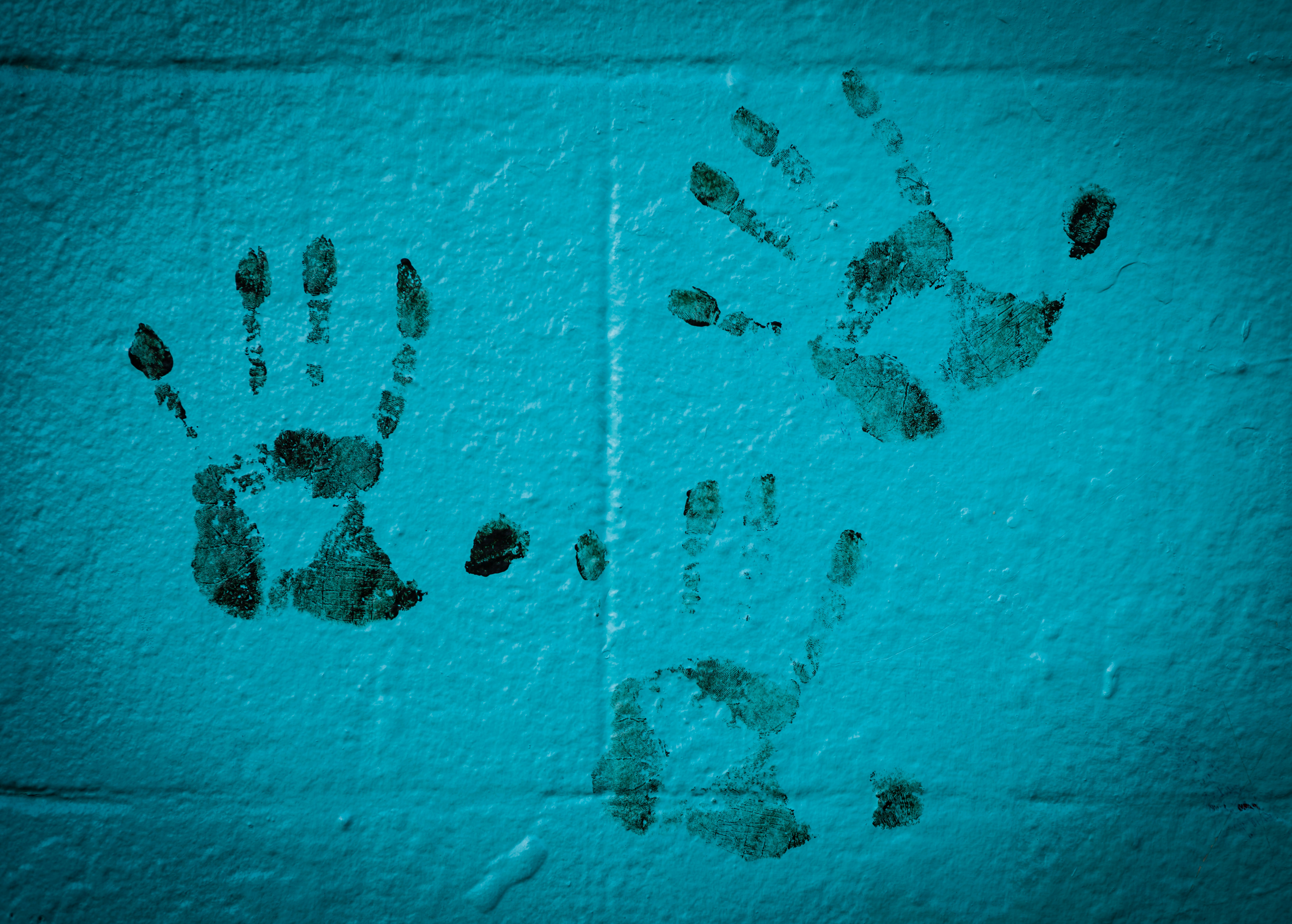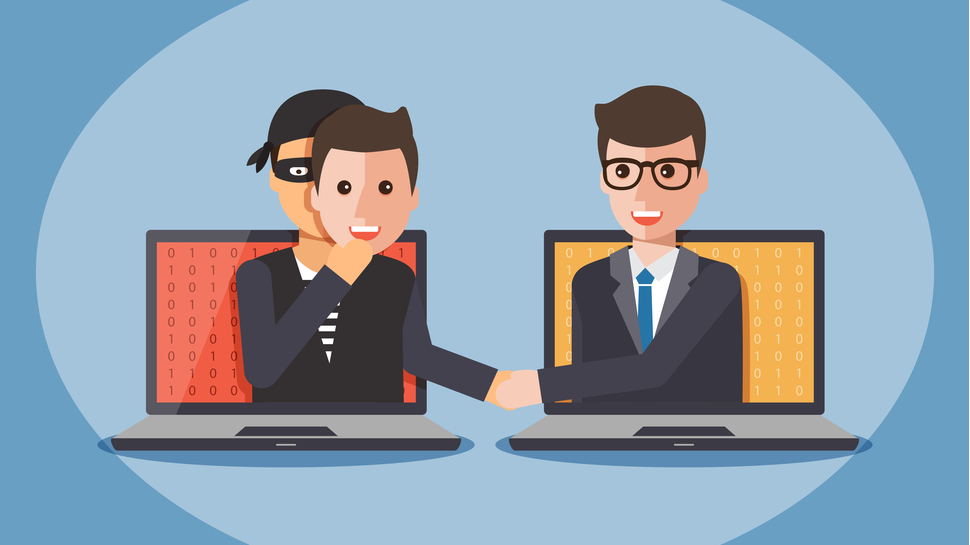Suspicious activity? 5 indicators that you might be a target of identity theft
It's important to be able to recognize signs of identity theft to avoid any future problems

You possess personal information such as your age, date of birth, educational background, medical history, and other sensitive details. It is imperative that this information remains confidential and is not disclosed to unauthorized persons. However, this information may be stolen in some cases, putting you at risk of identity fraud.
If this happens, you may wonder what you can do to protect yourself and how you can identify if your identity has been stolen. One way to detect identity theft is by regularly monitoring your finances, and another is to use an identity theft protection service. But what are the signs you should look out for?
1. Your credit or bank account bill stops coming
Once a month, your bills arrive either on your doorstep or in your mailbox, unless you have opted for paperless billing. However, one day you may notice that your bills haven't arrived at all. You may find nothing on your doorstep or in your email inbox. This could be a sign that your bills have been diverted.
If someone has stolen your identity, they may try to take advantage of your financial situation. In order to avoid being caught, they may take steps to protect themselves. One way of doing this is to make sure that they intercept your credit card bill or bank statement. They can do this by taking the letters from your postman or mailbox, or even by informing the bank that you have changed your address.
2. A debt collector calls about an account you didn't open
It's common to feel anxious when debt collectors call you, especially if you haven't borrowed any money. However, if your personal information has been stolen and used for identity theft, you should expect such calls. Unfortunately, you may not receive any call until after a few defaults have been made, meaning the thief has been benefitting from your hard work for around three months. But you don't have to worry too much because debt collectors can take action in cases of suspected identity theft. The process of reclaiming your identity can be initiated, but it will take some time.

3. You're unexpectedly refused credit
Have you been saving money for a deposit on a house, a new car, or perhaps a new iPhone? And when you finally apply for credit, you are refused, leaving you puzzled and frustrated. This could be because the maximum credit available to you has already been agreed upon, and someone has been masquerading as you. Your identity has been stolen, and your financial life has been destroyed. Every penny you could borrow has been stolen, and you would not have known about it until you tried to apply for credit. This type of incident often leads to the discovery of identity theft, which is one of the most common and devastating situations to find yourself in. Therefore, it is essential to pay attention to your bank statements regularly.
4. Your credit report refers to checks and loans you didn't apply for
Regularly accessing your credit report is an excellent way to monitor your loans and debts. Doing so lets you know how much you still owe on each commitment, which can help you plan for future expenses.
Are you a pro? Subscribe to our newsletter
Sign up to the TechRadar Pro newsletter to get all the top news, opinion, features and guidance your business needs to succeed!
Your credit report can also show you if any credit checks have been made in your name. However, it can be a cause for concern if you haven't applied for anything. So, why would these checks have been made?
Sometimes, credit checks are innocent and referred to as "soft checks." For example, when you switch to a new energy provider. While it may be surprising, it's not unusual. But, if complete credit checks have been made, this could be a sign of identity theft. Someone may have stolen your identity and is using it to borrow money in your name. They could be buying a car or a house or even withdrawing a large sum of money to disappear with.

5. You're billed for medical treatment you didn't receive or need
Medical fraud is a growing problem, with con artists, scammers, and identity thieves taking advantage of vulnerable patients. If you receive a bill for a service you did not use, it is a big warning sign that something is not right. However, you may not think to check your medical provider's bill if you have not been ill. But what if you have been sick or needed treatment for an injury? If you submit a medical claim and find out that you have reached your benefits limit, it may be because someone has used your insurance to pay for their own treatment before you. It is important to be vigilant and report any suspected cases of medical fraud to avoid being a victim.
What to do after a data breach
It's important to be aware that data breaches are common and can result in millions of user records being leaked, including personal data that might belong to you. This information is often sold on the Dark Web, which is a cause for concern.
Many companies, such as banks, card companies, PayPal, and Facebook, have been targeted by hackers. While a data breach doesn't necessarily mean that your identity has been stolen, it does indicate that your personal information may be at risk.
If you hear about a data breach, it's a good idea to contact the company that has been affected and ask for assurances about the safety of your details. If there's money associated with your account, it should be covered, but it's essential to confirm this.
In addition, you can use the Have I Been Pwned service to check whether your data has been involved in any other breaches. This will enable you to take appropriate action to safeguard your personal information.

How can I find out if someone is using my identity?
It's possible to check if someone is using your identity by waiting for your bank account to be emptied, your credit card to be maxed out, or a new loan to be taken out in your name. However, it's not wise to wait for that to happen. Instead, you can use credit monitoring tools provided by Experian and other credit reference agencies to check for unauthorized applications made in your name. You should also verify that your bank or credit card company offers SMS alerts for unusual spending patterns. It's also important to check your social media accounts to ensure that you don't have a digital twin.
More from TechRadar Pro
- Protect yourself online with the best antivirus
- Browse the web secure with the best VPN services
- We've also put together a list of the best security cameras on the market
- Also check out our complete list of the best identity theft protection
Christian Cawley has extensive experience as a writer and editor in consumer electronics, IT and entertainment media. He has contributed to TechRadar since 2017 and has been published in Computer Weekly, Linux Format, ComputerActive, and other publications. Formerly the editor responsible for Linux, Security, Programming, and DIY at MakeUseOf.com, Christian previously worked as a desktop and software support specialist in the public and private sectors.
